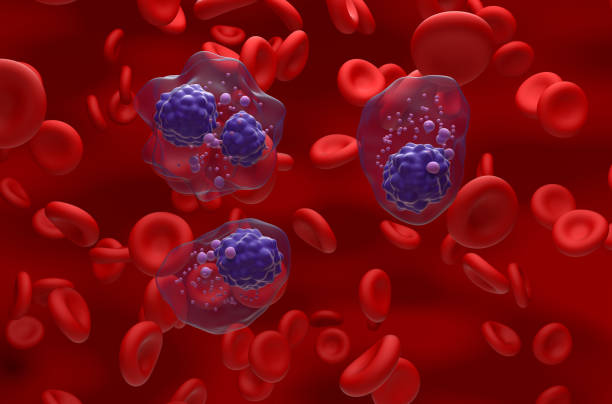Hepatitis Treatment: Comprehensive Strategies for Managing Liver Inflammation
Hepatitis, an inflammation of the liver, can be caused by viruses, lifestyle factors, or certain medications. The most common forms are viral hepatitis types A, B, and C. Effective management of hepatitis is crucial for preventing liver damage and maintaining overall health. This guide provides an overview of the treatments available for different types of hepatitis, emphasizing the importance of early detection and personalized care.

Understanding Hepatitis
Hepatitis refers to the inflammation of the liver, a vital organ responsible for processing nutrients, filtering blood, and fighting infections. Viral hepatitis is the most common type, but it can also result from alcohol abuse, toxins, certain medications, and autoimmune diseases.
Types of Hepatitis and Their Treatments
Hepatitis A
- Prevention and Supportive Care: Hepatitis A is usually short-term and doesn’t require specific treatment other than rest, hydration, and adequate nutrition. Vaccination is the best preventive measure.
Hepatitis B
- Acute Hepatitis B: Often resolves on its own; treatment focuses on symptom relief.
- Chronic Hepatitis B: Managed with antiviral medications like tenofovir and entecavir to reduce the risk of liver damage.
Hepatitis C
- Antiviral Therapy: The main treatment for hepatitis C is a course of antiviral medications, aiming to clear the virus from the body. Treatment regimens often include a combination of direct-acting antivirals with a high cure rate.
Lifestyle Modifications and Supportive Care
- Avoid Alcohol and Toxins: Reducing liver stress by avoiding substances that can harm the liver.
- Healthy Diet: A balanced diet supports liver health and overall well-being.
- Regular Exercise: Helps maintain healthy liver function and overall health.
Monitoring and Ongoing Care
- Regular Medical Check-ups: Essential for monitoring liver function and the effectiveness of treatment.
- Vaccinations: Vaccination against hepatitis A and B for those not previously infected or at risk.
Advanced Treatments and Liver Health
- Liver Transplantation: In cases of severe liver damage, a liver transplant may be considered.
- Clinical Trials: Some patients may be eligible for clinical trials offering access to new treatments.
Managing Hepatitis in Special Populations
- Pregnant Women: Careful management is crucial to protect the health of both the mother and the baby.
- Individuals with Co-infections: Special considerations are needed for patients with HIV or other co-infections.
Preventive Measures
- Vaccinations: Especially important for hepatitis A and B.
- Safe Practices: Safe sex, avoiding sharing needles, and practicing good hygiene.
Conclusion
The treatment of hepatitis varies depending on the type and severity of the infection. While acute hepatitis often resolves with supportive care, chronic forms require medical intervention to prevent liver damage. Lifestyle modifications, regular monitoring, and adherence to treatment are key to managing hepatitis effectively. Advances in medical treatments continue to improve the outlook for hepatitis patients, emphasizing the importance of early detection and proactive management.






